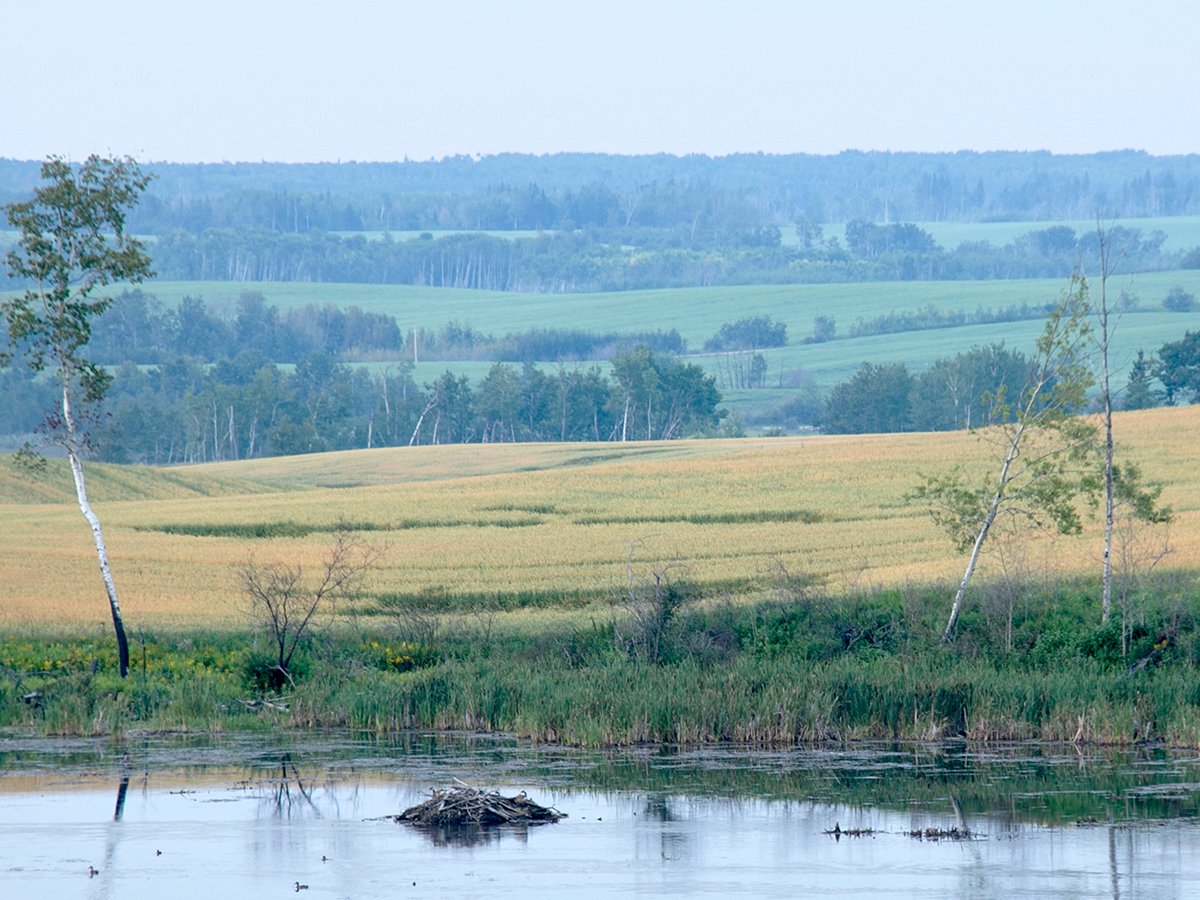Farmers need to let consumers know they’re doing a good job raising the food they eat, says cattle producer Donna Jackson.
“It’s food we ourselves feed our families,” she said.
She and her husband, Carman, raise purebred Charolais and Sim-mental on the Inglis, Man., farm they share with their five daughters.
A video of the fourth generation farmers and their farm operation is featured on Federated Co-operatives’s website, part of the company’s initiative to showcase local food and those who produce it.
Read Also

Intergenerational rollover rules can help succession plans
One of the most significant concerns in succession planning for farmers is the tax bill that can come with passing the farm to the next generation.
Ron Welke, FCL’s associate vice-president of food, said the new At Home program highlights meat, produce and processed goods from Western Canada.
Processed products will be graded on how local they are, with the top scorers flagged on store shelves with special labels and bar codes that can be scanned with smartphones.
Localize, an Edmonton-based company, will assess the scores for manufactured products such as honey and sauces based on where they were produced, where the company owners live and where the ingredients originate.
Meghan Dear, Localize’s chief executive officer, said consumers can get more information at www.localizeyourfood.com.
“We try to provide the best breakdown of where food comes from and provide clarity,” she said.
“People want to support producers they know of and the local economy, so we’re trying to support that.”
Welke said FCL’s program to identify local food started in a pilot project in 35 Co-ops in Alberta last year and is now being rolled out to its stores across the West.
The website coopfood.ca, which features recipes, trends and food tips with input from Top Chef Canada winner Dale MacKay of Saskatoon, is also in response to people wanting more information about the food they eat.
“We decided to make it easier for them,” said Welke.
“It’s really based on consumer demand for knowledge and our support for local producers.”
Jackson said people are so many generations removed from primary agricultural production that education is needed to explain what farmers do and why.
“Farmers treat animals in a good way in order to have maximum profits,” said Jackson.
“If we as farmers and producers aren’t positive, how can somebody think of what we do in a positive way.”














